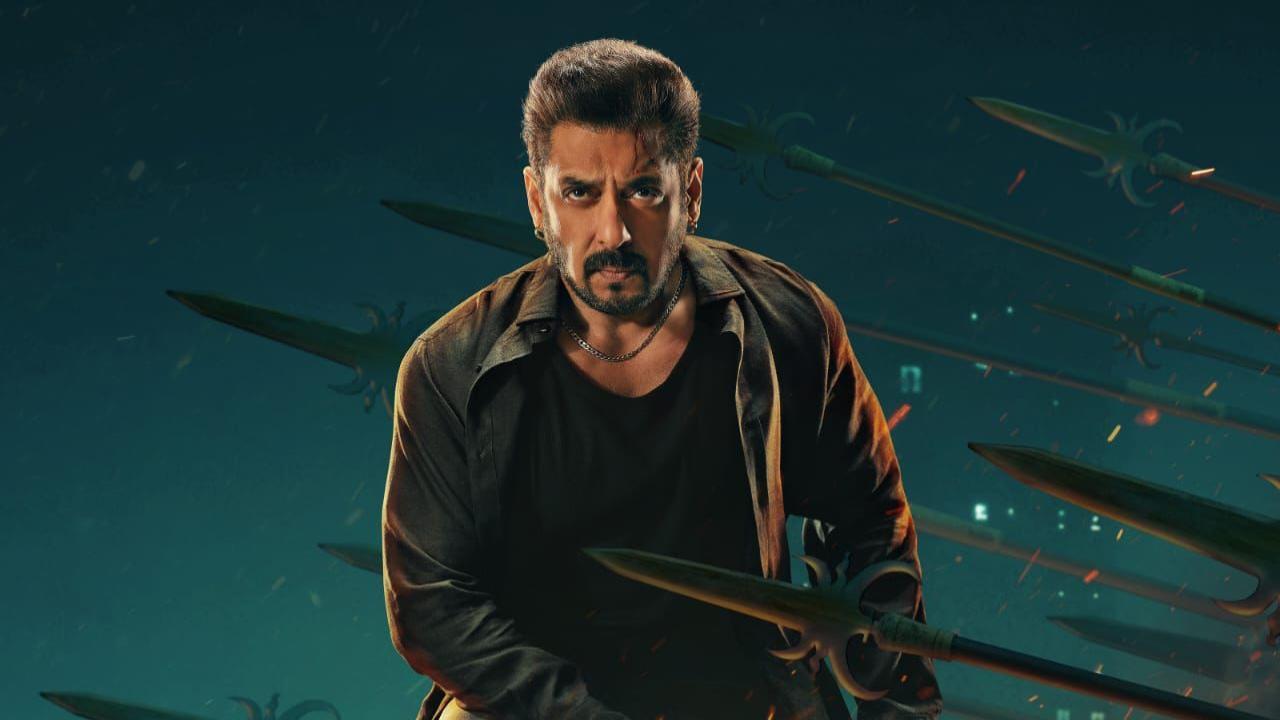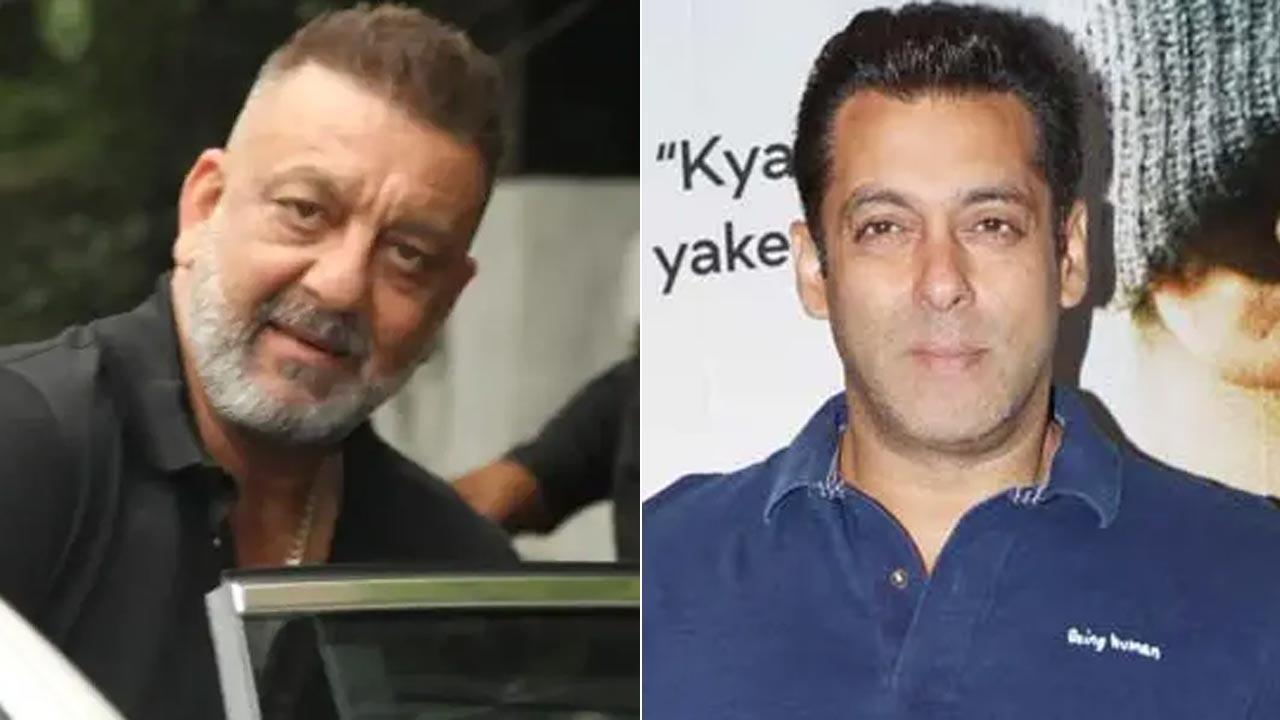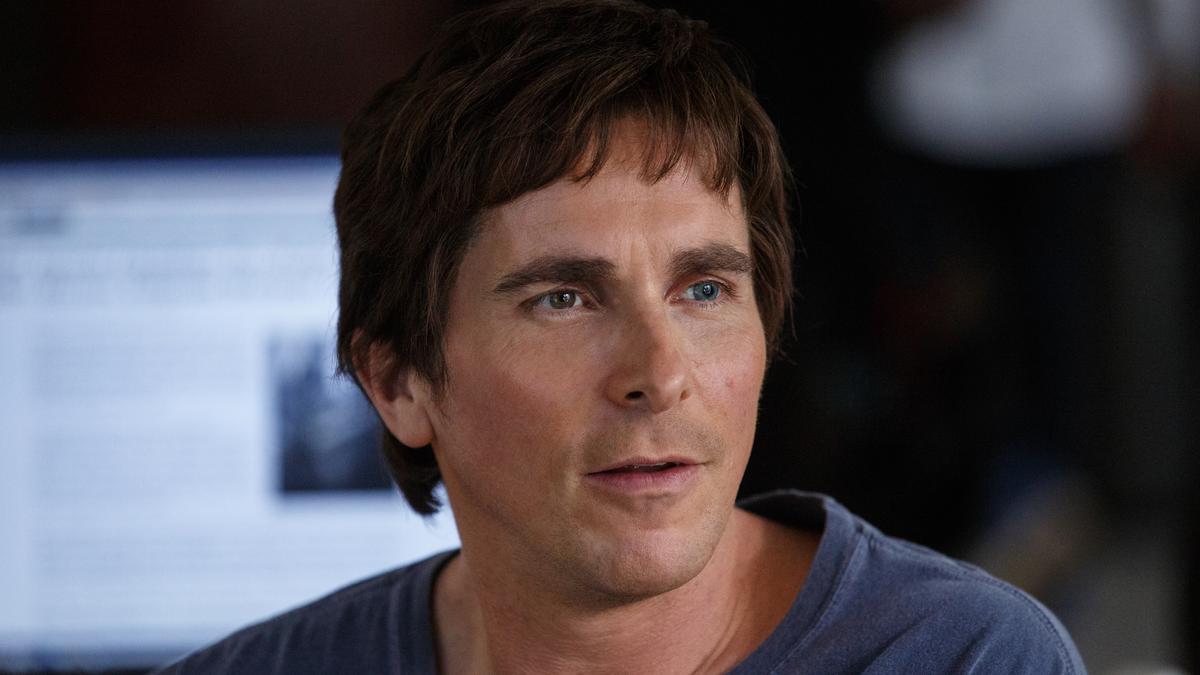
It was a scene no cricket fan anticipated. The usually unflappable Mahendra Singh Dhoni, often revered for his ice-cool demeanor under pressure, took everyone by surprise during a high-stakes match between Chennai Super Kings (CSK) and Rajasthan Royals (RR). What ensued made headlines, as Dhoni’s rare temper flare contradicted his famous moniker, ‘Captain Cool.’
The controversial moment originated from a marginal delivery by Ben Stokes aimed at new batsman Mitchell Santner. As the ball whizzed past, the height seemed questionable, but what unfolded next left Dhoni fuming. The square leg umpire initially appeared to signal a no-ball before retracting his decision. The inconsistent call did not sit well with Dhoni, who immediately reacted.
In an evocative recount on the 2 Sloggers Podcast, former Indian cricketer and Dhoni’s CSK teammate Mohit Sharma described the chaotic seconds from his vantage point in the dugout. “Hum log dugout mein the, hum chilla rahe the, mat jao, mat jao, mat jao. Lekin unhone peeche mud ke dekha bhi nahi yar. Voh aise gaye hain na, jab laga ki bhai sher ghus gaya hai (We were in the dugout and we were like ‘please don’t go, don’t go’. But he didn’t even look behind. The way he went out on the field, then everyone was like that lion has entered the ground),” Mohit elaborated.
Dhoni’s visible agitation coincided with an ill-timed departure from the crease, having gotten out when the match was at a pivotal juncture. CSK required eight runs off three balls, and his dismissal had already jittered the team and fans alike. To make matters worse, the questionable no-ball call added fuel to the fire.
“He was already furious as he got out at the wrong time,” Mohit Sharma continued. “The game was in a bit tricky phase and he couldn’t afford to get out because generally, he doesn’t leave it to others. He came, sat and all of a sudden the incident happened. He asked, ‘he gave it a no-ball no?’ We were like, ‘yeah, he did signal.
.’ Then he just didn’t stop.”
The immediate aftermath saw Dhoni storming onto the field to confront the umpires about the no-ball call, an unprecedented move that had cricket enthusiasts and pundits abuzz. When Dhoni returned to the dugout, his fury had not abated. “When he returned, he asked me to bring the laptop. Then the video analyst showed him the video and he was like, ‘it was a no-ball,’” Mohit added.
This incident wasn’t just about a single ball or a game; it was a stark deviation from the level-headed captain the cricketing world had known. Dhoni, who has steered India and CSK through numerous nerve-wracking scenarios with his calm, admitted in later interviews that he regretted losing his temper that night. He opined that the umpire should not succumb to any external pressure and should stick by his original call.
Despite the drama, the final moments of the match retained their thrilling essence. After the disputed delivery was not called a no-ball, only two runs could be mustered by CSK. However, Ben Stokes then bowled a wide, giving CSK a bit of reprieve. The team now needed three runs off the final ball. In what turned out to be an unforgettable conclusion, Mitchell Santner hammered a straight six off Stokes, securing an improbable victory for CSK.
Reflecting on the incident, the cricket community is often left to ponder on the dichotomy that defines Dhoni — a leader celebrated for his calm exterior, yet capable of fiery intensity when he deems necessary. The event stands as a testament not just to the unpredictability of cricket but also to the human side of its most legendary figures.
Dhoni’s moment of exasperation serves as a compelling chapter in cricket folklore. Even the most unyielding of icebergs can melt, and when they do, they leave an indelible mark on the collective memory of sport. Mohit Sharma’s recollection on the podcast paints a vivid picture of a surreal, almost cinematic event where the ‘lion’ roared, not just as a captain but as a passionate protector of his team’s rightful calls.
Ultimately, whether the decision was right or wrong isn’t the central point. Instead, it’s a reminder that sports, while deeply rooted in skill and strategy, remain profoundly human — and emotions, even unexpected ones, hold the power to redefine games, narratives, and legends.










